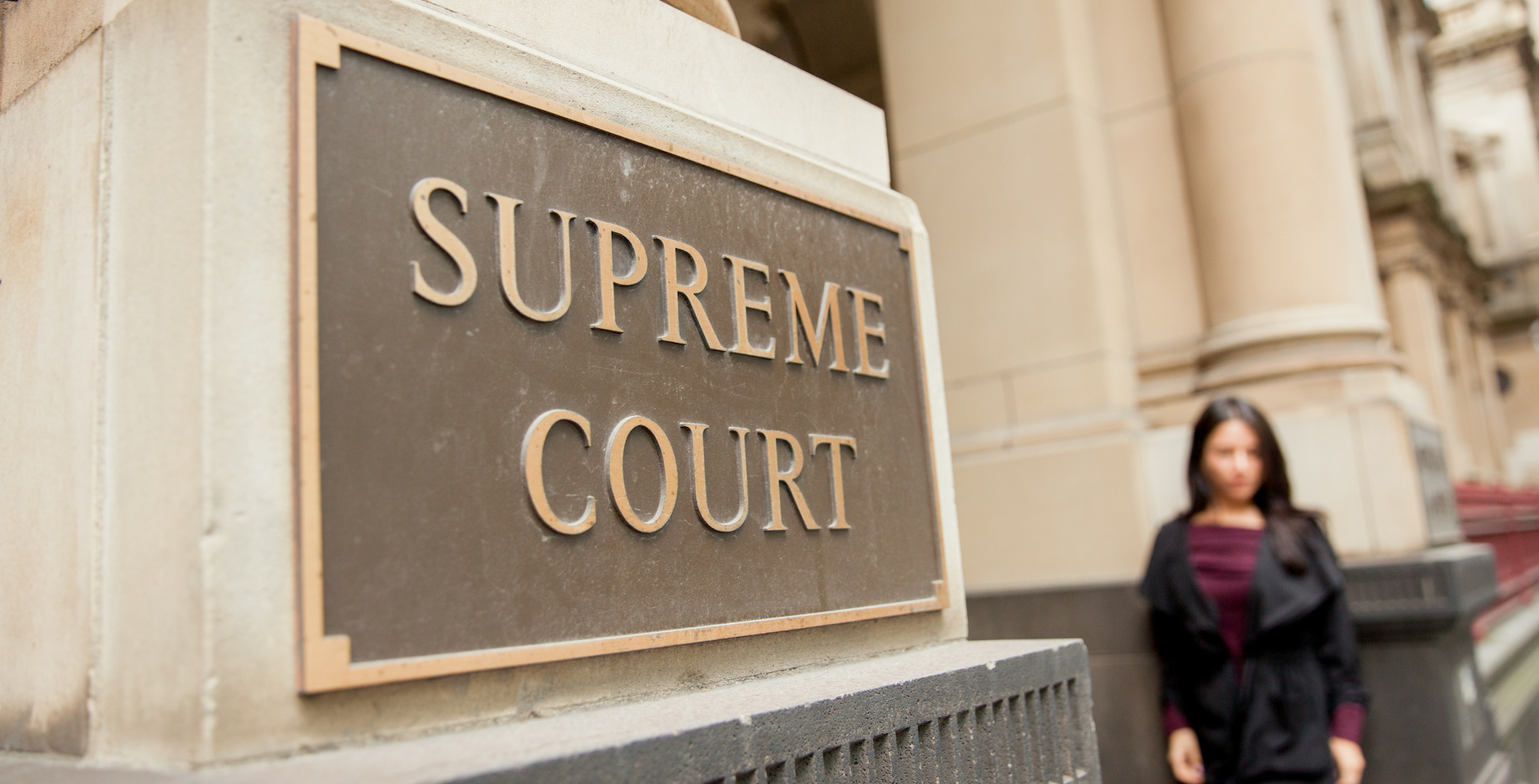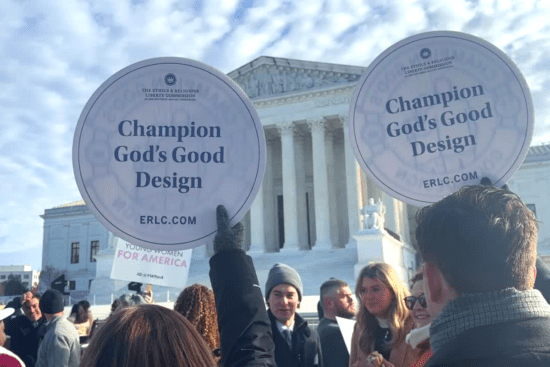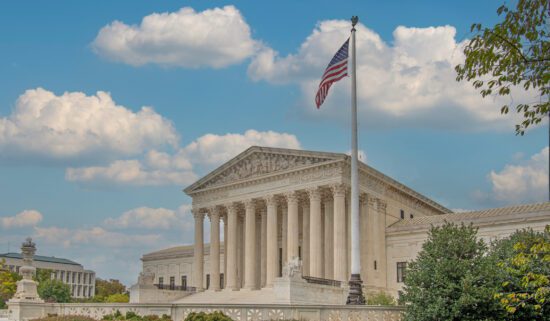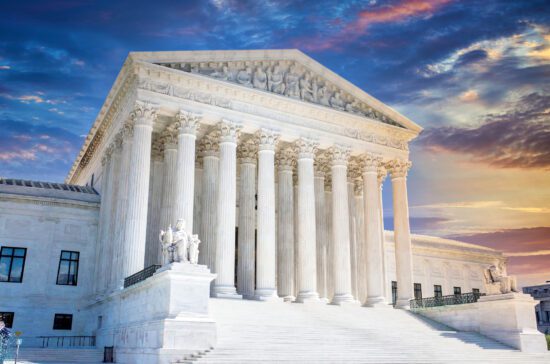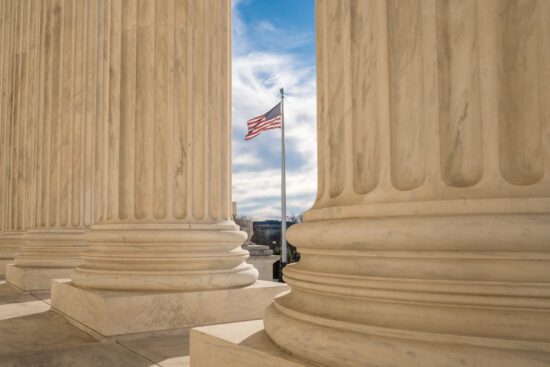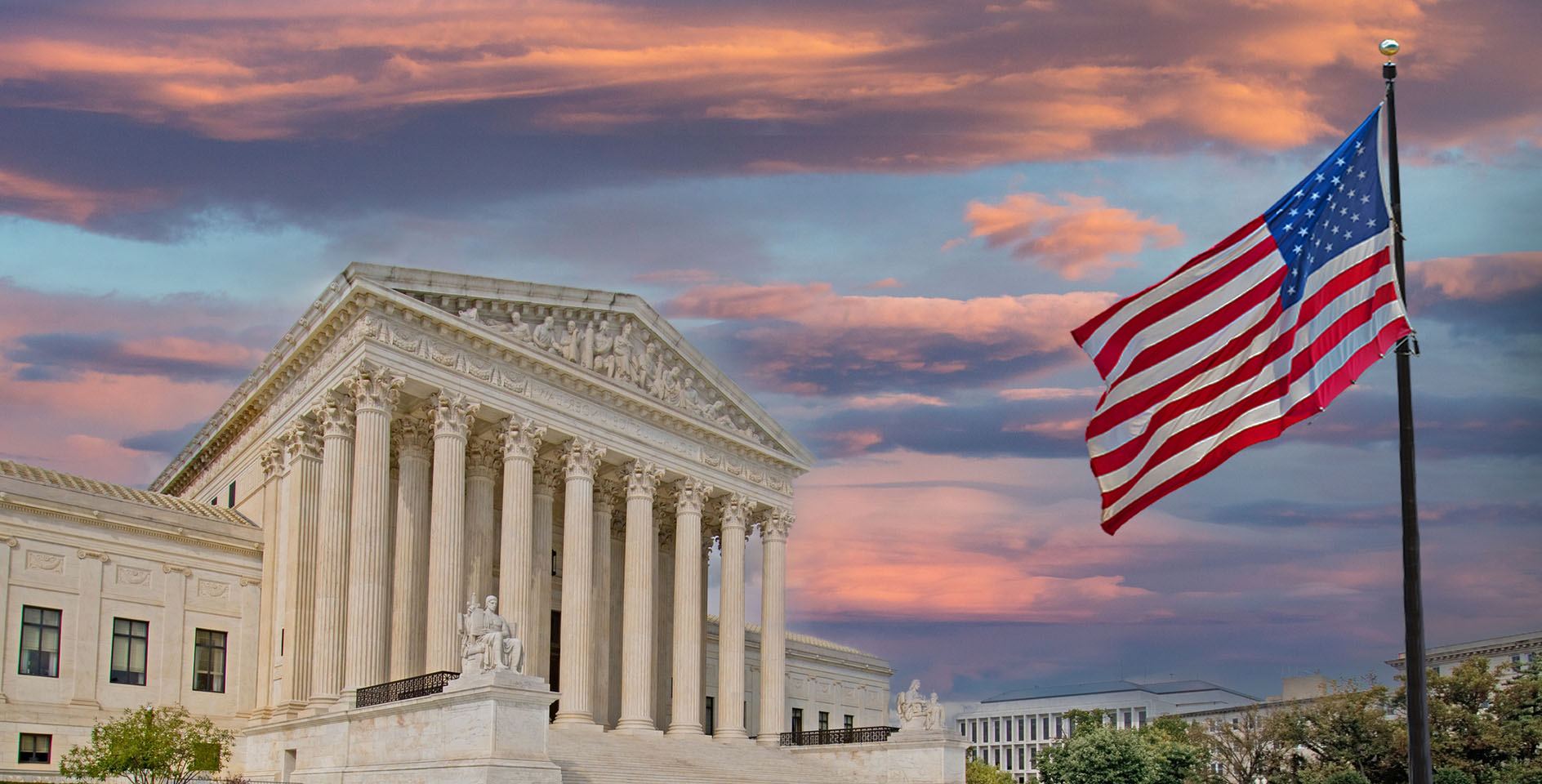What just happened?
The Supreme Court is considering the future of the Deferred Action for Childhood Arrivals (DACA) program which gives temporary legal status to undocumented children in the U.S., commonly referred to as “Dreamers.” The program was created by the Obama Administration and rescinded by the Trump Administration.
What is DACA?
Deferred Action for Childhood Arrivals (DACA) is a policy President Obama implemented by executive action in 2010.
Deferred action is a use of prosecutorial discretion in immigration cases to defer removal action against an individual for a certain period of time. President Obama directed the Department of Homeland Security to consider requests for deferred action for certain people who came to the U.S. as children and met qualifications similar to the DREAM Act. (This is why people who qualify for DACA are sometimes referred to as “Dreamers.”)
Those who fill out the required form and qualify for eligibility are allowed to remain, legally work, and/or attend college in the U.S. for a period of two years. As long as they continue to meet the criteria, they are exempt from deportation during the period of deferred action and may be allowed to renew the deferment.
Who are “Dreamers?”
The term “Dreamers” (sometimes DREAMers) refers to young undocumented immigrants who would qualify under the DREAM Act for permanent residency in the U.S. The DREAM Act (an acronym for Development, Relief, and Education for Alien Minors) is proposed federal legislation that would provide permanent resident status on a conditional basis for certain long-term residents who entered the U.S. as children.
Even though the DREAM Act was never passed, the term “Dreamers” is still sometimes used to describe young, undocumented immigrants who were brought to the U.S. as minors, are pursuing or have pursued education, and have never been convicted of felonies or multiple misdemeanors.
What is the DREAM Act?
The bipartisan act would grant lawful permanent resident status on a conditional basis to young, undocumented immigrants who meet the following qualifications:
- Demonstrate that they were 17 years old or younger when they were brought to the U.S. and that they have been in the U.S. continuously for the last 4 years
- Pass a government background check, establish “good moral character,” which means they have had no felony convictions or multiple misdemeanor convictions, and pass a medical exam
- Establish that they have obtained or are in the process of obtaining a college degree or high school diploma
- Pay a fee
The conditional permanent resident status is valid for eight years but may be terminated if it’s determined the person ceases to meet the admissibility criteria, has a serious criminal conviction, or is found to have participated in the persecution of U.S. citizens.
Various versions of this act were introduced in 2001, 2006, 2007, and from 2009 to 2012, though none have yet passed in Congress. Efforts by Congress in 2018 to implement a replacement to DACA in 2018 failed, resulting in a three-day government shutdown.
How many people are currently DACA recipients?
According to the U.S. Citizenship and Immigration Service, as of June 30, the approximate number of active DACA recipients is 660,880. An additional 35,680 are pending renewal.
Where are DACA recipients from, and where do they reside in the U.S.?
The vast majority are from Mexico (80%), followed by El Salvador, Guatemala, Honduras, and Peru. But countries with more than 1,000 recipients include Nigeria, Poland, and South Korea.
While recipients reside in all 50 states, more than half live in California, Texas, and Illinois.
Are people under DACA on a path to U.S. citizenship?
No, nor do they have “lawful status” for the purpose of immigration laws. DACA allows immigrants to obtain a “lawful presence” in the U.S. but not a “lawful status.” In other words, they are still considered to be here unlawfully, but they are legally allowed to stay in the U.S. during their deferment.
What is the Supreme Court being asked to decide?
The justices will first decide whether the government’s decision to end DACA is a matter the courts can review at all. The Trump administration says they have the discretion to overturn previous policies of executive branch agencies, like the DHS.
If the Court rules that the issue is one of judicial review, they will then decide whether the Trump administration’s decision to end DACA violated the Administrative Procedure Act, a federal law governing administrative agencies. Lower courts ruled that it did, and ordered the government to retain DACA.
The Court will issue its final ruling in May or June of 2020.
What happens if DACA is overturned?
If the Supreme Court allows the Trump administration to repeal DACA, Congress could once again attempt to move forward on the DREAM Act. In a tweet on Tuesday, President Trump said, “If Supreme Court remedies with overturn, a deal will be made with Dems for them to stay!” But it’s unlikely a legislative remedy will be in place before the next election.



